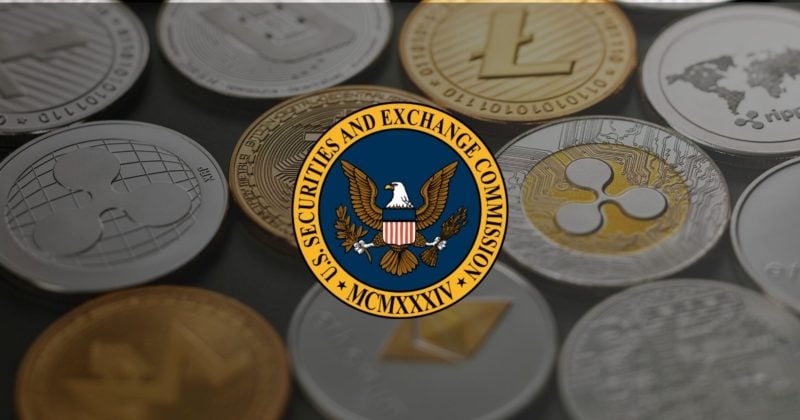
Ripple urges SEC to stick to statutes and leave new crypto rules to Congress
- 22.03.2025 05:05
- cryptobriefing.com
- Keywords: Ripple, SEC
Ripple has urged the SEC to adhere to existing statutes and refrain from expanding its jurisdiction over cryptocurrency regulations, suggesting that such matters should be left to Congress. The company criticized the SEC's past application of the Howey test as distorted and called for clear market structure legislation.